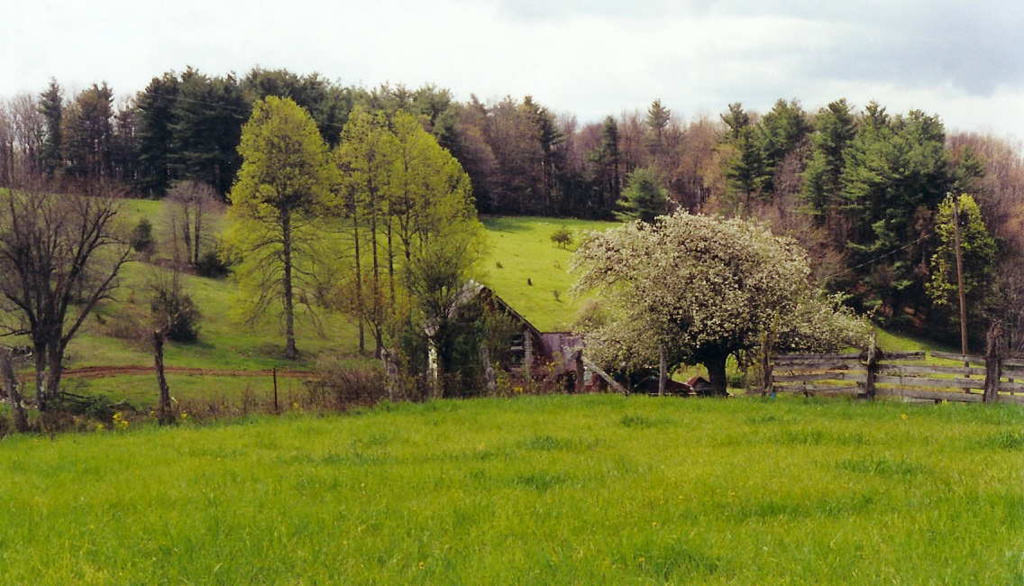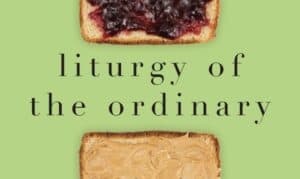
Editor’s Note: For the month of August, CSA will be taking sabbath hours for half the day every Friday. As we strive to incorporate the rhythms of rest into our work, we’ll be making space for sabbath here on our website as well.
Won’t you join us? Starting next week, every Thursday we will re-run an article on sabbath from our archives. On Fridays, we will leave a sabbath space for rest.
If you find this helpful or meaningful in your own quest for sabbath, we’d love to hear from you!
Twice a year for six years, I’d leave home early on a Thursday morning and drive four and a half hours to Austin to meet a small group of fellow pastors. We’d shop for frozen pizza, Oreos, Diet Cokes, coffee, beer and cigars, then drive to the cabin and begin 12 hours of rapid-fire conversation. Eventually we’d drop onto air mattresses, get up early the next morning and jump back into the car for the drive home. We enjoyed being together, but it was no sabbath. I came back more exhausted than when I left.
Because the frantic pace of our gathering was an extension of frantic lives, we didn’t realize that anything was wrong. When you’re busy every day, your habit is to be busy. Not to be busy feels so abnormal that you keep filling up the time in order to never stop being busy. Learning to slow down took time and commitment.
When you’re busy every day, your habit is to be busy. Not to be busy feels so abnormal that you keep filling up the time in order to never stop being busy.
It was then that we realized that the semiannual overnight gripe and bull session was not enough. We needed each other more than we had realized, and we needed more time. We decided to try a retreat of three or four days. And we called ourselves “the Neighborhood,” named for Will Campbell’s company of friends in The Glad River.
First, we found new places to meet. Two of us had relatives who owned farm or ranch land with houses available for a couple of weeks each year (no more sleeping on the floor). The kitchens were well furnished, so we could have healthy meals, and each of the houses had porches where we could sit and talk.
Before the first retreat, we called and e-mailed each other to make sure each of us would follow through. None of us had ever taken this much time away from our congregations except for family vacations or perhaps official continuing education events. To take four days twice a year to do nothing but be together was unheard of, but if any of us backed out because we were “too busy,” the whole thing would come tumbling down.
We had to come to terms with leaving our congregations. Could we trust God and trust God’s people to get along without us? Would they even let us go? After all, we wouldn’t return with Continuing Education Units to show for our time away. When I queried our deacons, their response surprised me. They reminded me that I was always quoting the Puritan phrase “Good sabbaths make good Christians.” I should put my time where my mouth was. “Go to the Neighborhood. We’re the deacons. We’ll handle the pastoral care.” So I did.
Nowadays we arrive at the farmhouse late on a Tuesday afternoon and eat supper in a small town cafe nearby. Our first day or two together still has a frantic edge to it, and it takes a couple of days to detoxify from busy-ness. But by the end of the second day we begin to slow down, and by the third day we’re finding a sabbath rhythm of morning prayers and coffee followed by whatever we want to do or not do.
Often Nathan can be found in a hammock taking a nap while Ray is smoking his pipe on the porch and Larry is sifting his way through a stack of good books. A layperson at Charlie’s church taught him how to smoke a good brisket, so Charlie puts the brisket on in the morning for us to enjoy for supper (frozen pizza is out). Joe, who can’t sit still, might chop wood for the smoker while I watch a herd of white-faced Hereford cows graze amidst live oak and mesquite trees and relish the fact that I don’t have to organize them to accomplish a task.
It doesn’t take a genius to watch a herd of cows and remember Jesus’ words: “Look at the birds of the air; they neither sow nor reap nor gather into barns, and yet your heavenly Father feeds them. And can any of you by worrying add a single hour to your span of life?” And it doesn’t take a saint to call the office and hear, “Everything’s fine,” then go for a leisurely walk across a pasture and think, “But if God so clothes the grass of the field . . . will he not much more clothe you? . . . . Therefore do not worry.” After a while we begin to get the message: “Perhaps I need to be a different kind of pastor.” “Maybe I do need to trust God and God’s people.” And, “Why haven’t I learned this before?”
After a couple of days we get past the frenetic banter and catching-up and move on to conversations that probe beneath the surface of our lives. For professional handlers-of-the-holy, talking about God as amateurs is not easy, and our crises and challenges are not always apparent. It took a while for one of us to talk about the difficulty he was having with his teenage stepson. One of us confessed that his marriage was at risk. We talked and prayed with him and, when we got home, we checked on him to see if he was in counseling with his wife. We listen to one another’s expressions of exhaustion, frustration and loneliness, and have learned to trust one another enough to talk about our ambition and sense of rivalry with other clergy, even our sense of rivalry with one another.
Our deeper conversations remind us that we are different kinds of pastors with different perspectives and approaches to our common vocation. Charlie preaches to 2,000 people every Sunday morning while I preach to 90. He has a strong CEO streak, while I approach the call like a farmer. We have a lot to learn from one another. I am learning that not all big-steeple pastors are ambitious religious capitalists; he is learning that small congregation pastors are not necessarily lazy underachievers. He’s no Enron executive; I’m no Snuffy Smith.
Joe and Nathan also approach pastoral life differently. Nathan, in his Hawaiian shirt, is laid-back and casual, while Joe’s easygoing smile masks intensity. And we all learn from Ray and Nathan, who have been pastors longer than the rest of us.
My congregation knows that the Neighborhood is one of the most important events on my calendar. When we do annual planning someone always asks, “Now when are your Neighborhood gatherings?” The church plans around them on my behalf: they know that I come back refreshed and full of new ideas, and that I have changed over 12 years. They trace some of that change to time spent with the Neighborhood.
I have learned, for example, that good sabbaths not only make good Christians; they make good pastors and good churches too. Practicing sabbath has allowed me to loosen my grip on running the church. It’s not my church anyway. It’s God’s church, and God and God’s people are perfectly capable of taking care of business. I am not called to attend every committee meeting or to visit every single person in crisis. The people of God, the body of Christ, minister to the members. As I have learned to back off, the congregation has stepped forward. And when I speak about the need for sabbath, I speak with an authority I once did not have. I practice more of what I preach, and the congregation listens.
Good sabbaths not only make good Christians; they make good pastors and good churches too. Practicing sabbath has allowed me to loosen my grip.
In his essay “Health Is Membership,” Wendell Berry says, “To be healthy is literally to be whole. Our sense of wholeness is not just the completeness in ourselves but also is the sense of belonging to others and to our place. I believe that the community, in the fullest sense: a place and all its creatures is the smallest unit of health and that to speak of the health of an isolated individual is a contradiction in terms.”
Those of us in the Neighborhood hear Berry’s words differently now than we did 12 years ago. Our health is connected with one another, and we sense that we are more ourselves when we are together than when we are separate. Biblically, the concepts of salvation and shalom describe a condition of community wholeness, in which each individual is in good health only when he or she is an integrated member of God’s people.
Through sabbath and holy friendships, God’s salvation now has a concreteness that previously was abstract for us. Sabbath, friendship and salvation are connected. We are like the paralyzed man carried by his four friends who lowered him through the roof to bring him to Jesus. Mark records (the italics are mine): “When Jesus saw their faith, he said to the paralytic, ‘Your sins are forgiven.’”
Kyle Childress is pastor of Austin Heights Baptist Church in Nacogdoches, TX. This essay was adapted from an article that originally appeared in the April 6, 2004, issue of the Christian Century.


